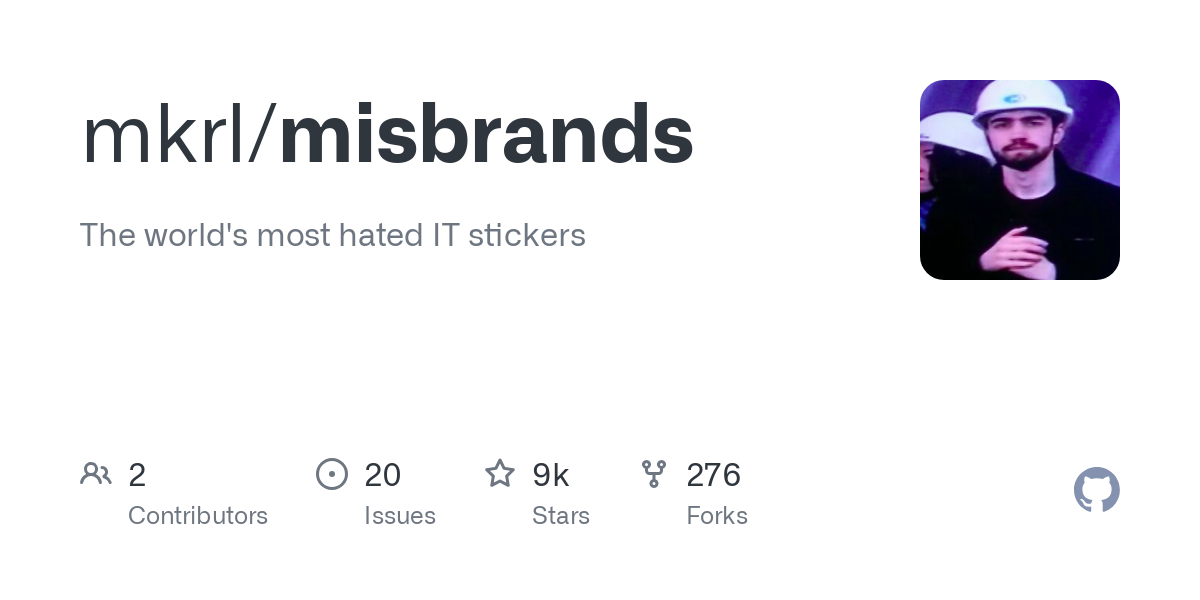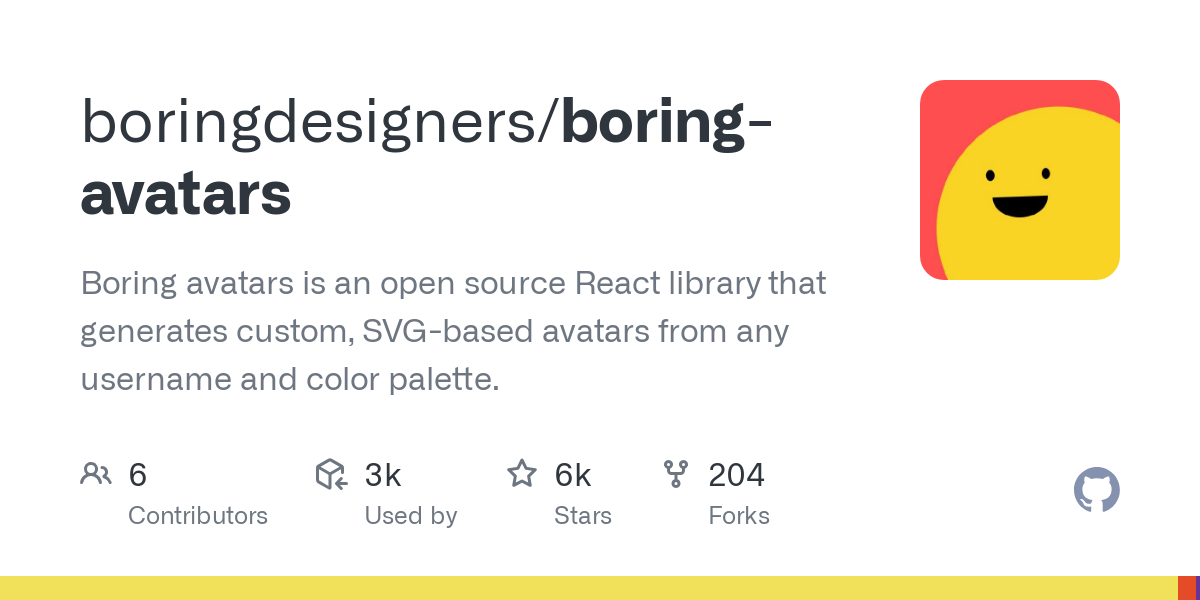TLDR #7 - January 2022
Discover standout open-source tools and fun developer projects from GitHub. This month: invoicing with Crater, fake terminal activity with Genact, web components with Lit, hilarious tech stickers, and creative avatar generation with Boring Avatars.

Crater – Simplify Invoicing and Expense Management

Managing invoices, quotes, and payments can be overwhelming, especially for freelancers and small business owners. Crater is an open-source, self-hosted solution designed to streamline billing tasks with ease.
Crater supports invoice creation, expense tracking, and detailed reporting. It's available as a web application built with Laravel and Vue.js, and also has a mobile app powered by React Native. To use Crater, you'll need to host it on your own server—both the mobile and web apps require access to a backend.
Key Features of Crater:
- Create and manage invoices and estimates
- Track payments and expenses
- Generate financial reports
- Access from mobile or desktop
While the UI is polished and user-friendly, the installation guide lacks clarity in areas like modifying the public directory and managing uploads. Despite this, Crater remains a powerful tool for independent professionals.
Genact – Simulate Terminal Activity Just for Fun
Need a creative excuse to appear busy at work? Genact is a command-line tool that simulates terminal activity like package installations, memory dumps, or system updates. It runs on Linux, macOS, Windows, and even in browsers.
By launching a simple command, Genact displays animated output in your terminal that mimics real system tasks. Choose from multiple modules including:
bootlogkernel_compiledocker_buildmemdumpcomposerdownloadbotnet
This is a fun, tongue-in-cheek project—not a productivity booster, but certainly a conversation starter.
Lit – A Lightweight Library for Web Components

Lit is a modern JavaScript library that simplifies building fast, reusable web components using reactive properties and scoped styling. It works with both JavaScript and TypeScript, and is ideal for integrating into existing projects.
Why Use Lit:
- Lightweight and fast
- Built-in reactive data binding
- Encapsulated styles with Shadow DOM
- Familiar class-based structure (similar to React)
Here’s a basic example of Lit in action:
import {LitElement, css, html} from 'lit';
export class SimpleGreeting extends LitElement {
static properties = {
name: {},
};
static styles = css`
:host {
color: blue;
}
`;
constructor() {
super();
this.name = 'World';
}
render() {
return html`<p>Hello, ${this.name}!</p>`;
}
}
customElements.define('simple-greeting', SimpleGreeting);The documentation is comprehensive, and the community is active and helpful for newcomers.
Misbrands – Hilarious Developer Stickers

Developers love expressing themselves with laptop stickers—but what if the tech logos were hilariously wrong? That’s the idea behind Misbrands, a collection of parody stickers that twist popular tech logos for comedic effect.
Inspired by Sam Beckham’s viral JavaScript sticker, Misbrands includes nine sticker designs—and the open-source community continues to contribute more.
- Free to use, print, and remix under Creative Commons Zero v1.0 Universal License
- Active contributor base with dozens of pull requests
Whether for a personal laugh or to spark conversations at tech events, Misbrands is a creative way to break the mold.
Boring Avatars – Generate Unique SVG Avatars with React

Boring Avatars is a minimalist React library that lets you generate SVG avatars using customizable shapes and color palettes. Choose from artistic styles like beam, marble, pixel, sunset, Bauhaus, and ring.
You can use Boring Avatars in two ways:
- React Component: Customize avatars directly in your code
- Public API: Generate avatars via a URL endpoint
This is perfect for adding visually appealing default profile images to your web app without relying on generic icons.










